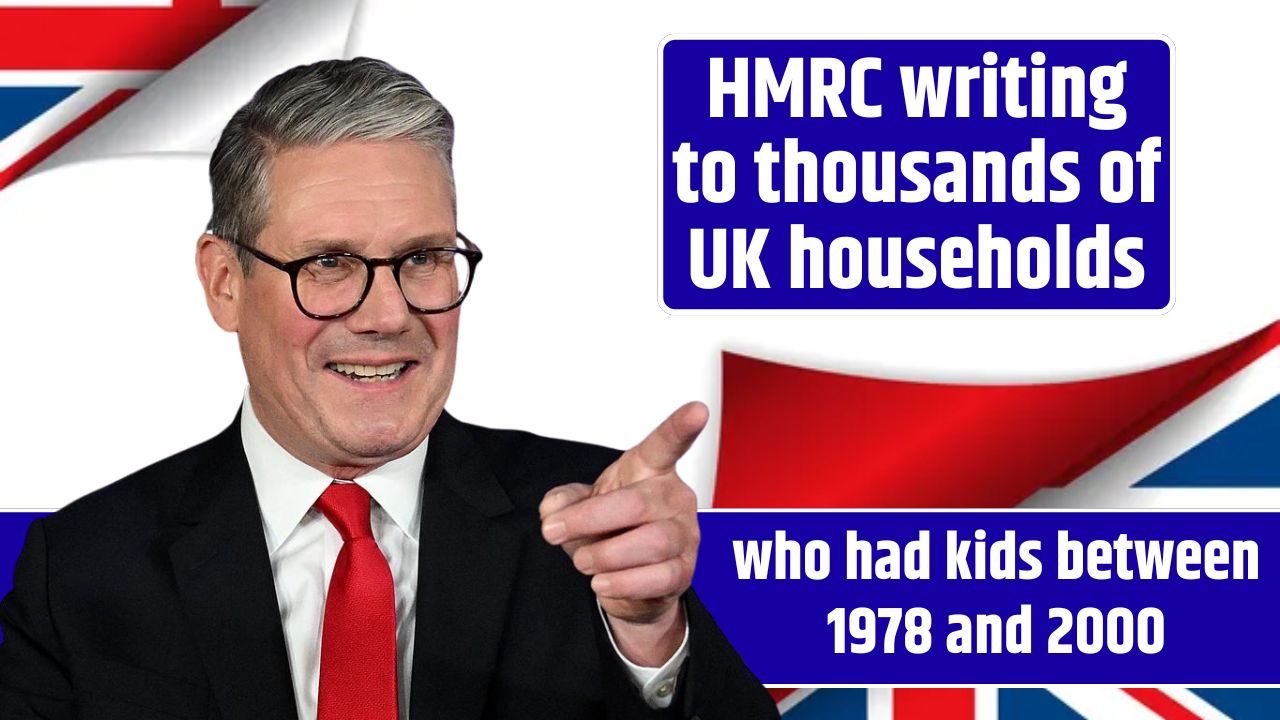Thousands of women across the UK are set to receive lump-sum payments averaging £7,859 after a major administrative error by HM Revenue & Customs (HMRC) left gaps in National Insurance (NI) records—leading to long-term underpayments in state pensions. The problem traces back to how the Home Responsibilities Protection (HRP) scheme was handled between 1978 and 2000, particularly during its transition to NI credits in 2010.
This correction is part of a significant effort to rectify one of the UK pension system’s most serious historical errors, affecting women who stayed home to raise children and relied on Child Benefit to protect their pension rights.
What Was the HRP Error?
The HRP scheme, introduced in 1978, was designed to protect the pensions of individuals—primarily women—who were out of the workforce while caring for children or dependents. It reduced the number of qualifying NI years needed for a full state pension. If you received Child Benefit or Income Support and were the primary caregiver, you were eligible for HRP.
However, due to failures in data recording and transfers, especially during the 2010 system overhaul, HRP credits were not properly applied to many NI records. As a result, thousands of women have unknowingly received lower pension payments than they were entitled to.
Who Has Been Affected?
This issue disproportionately affects stay-at-home mothers and primary caregivers who:
- Claimed Child Benefit between 1978 and 2000
- Had the benefit paid in their own name, not a partner’s
- Had children under age 16 for the entire tax year
- Did not pay the married woman’s reduced NI stamp
These criteria mean that many women assumed their future pensions were protected, but due to recording errors, years of NI contributions were missing, directly reducing their retirement income.
How Much Are People Owed?
According to HMRC data:
| Time Period Reviewed | Underpayment Cases Identified | Total Owed | Average Compensation |
|---|---|---|---|
| Jan – Sept 2024 | 5,300+ | £42 million | £7,859 |
With over 370,000 letters being issued, the government is working through a large backlog. Sadly, around 43,000 affected individuals have passed away, but their families or estates can still claim what’s owed.
How to Check If You’re Eligible
You may qualify for compensation if:
- You received Child Benefit between 1978 and 2000
- You were the named recipient of that benefit
- Your child was under 16 for the full tax year
- You did not opt in to pay the reduced NI stamp
What You Should Do:
- Wait for HMRC’s letter – Most eligible individuals will be contacted directly during 2024–2025.
- Check your NI record – Visit GOV.UK NI Record to check for any missing qualifying years.
- Confirm your Child Benefit history – If needed, request your benefit history from HMRC.
- Contact HMRC – If you believe you’re affected but haven’t been contacted, call their helpline or visit the official GOV.UK portal to review eligibility.
Claiming on Behalf of Deceased Relatives
If an affected individual has died, their estate or surviving family can still make a claim. You’ll typically need:
- A death certificate
- Proof of relationship
- National Insurance number or other identifying records
HMRC has specific procedures for handling these cases and will work with next of kin to ensure proper payments.
Government and Expert Response
The error has received widespread criticism from former ministers and pension experts. Sir Steve Webb, former Pensions Minister, has been at the forefront of uncovering the issue and pushing for reforms. He stressed the need for urgency and fairness in correcting these errors, especially given the advanced age of many affected pensioners.
Financial expert Rachel Vahey called it “one of the most damaging oversights in UK pension history,” urging HMRC to act swiftly and comprehensively.
What Happens Next?
HMRC has committed to:
- Prioritising those already at retirement age
- Sending letters in phases throughout 2024 and 2025
- Correcting NI records and adjusting future pension payments
- Issuing back payments as lump sums to those affected
This means pensioners will not only see higher ongoing payments, but also receive retroactive compensation covering years of missed entitlements.








